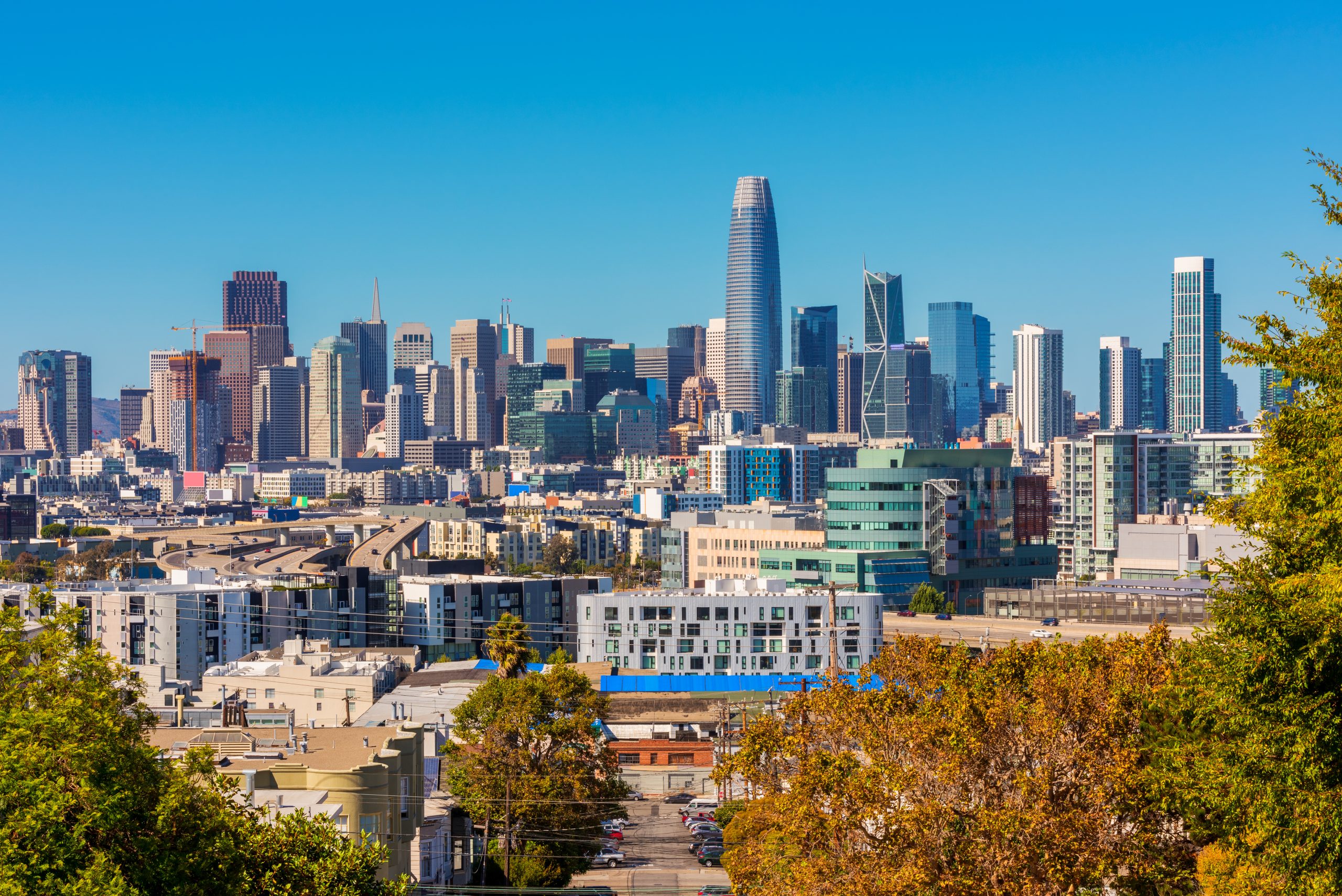The Planning Commission considered two pieces of proposed legislation at its regular meeting last week. One was the elimination of the Life Science and Medical Special Use District (to which staff added a proposal to eliminate the Industrial Protection Zone (IPZ) Special Use District), and the second was Supervisor Mandelman’s so-called “Large Residence” legislation (which we have discussed in a previous update).
Life Science and Medical and IPZ Special Use Districts
The Life Science and Medical Special Use District (SUD) is generally bounded by Mariposa Street to the north, 3rd Street to the east, 23rd Street to the south, and Iowa Street to the west. The SUD was adopted as part of the Central Waterfront Plan in 2009, and was established in the northern part of the Plan Area to support the creation and expansion of life science and medical uses, given the proximity to the UCSF campus at Mission Bay. The Dogpatch Historic District and Neighborhood Commercial District are generally excluded from the boundaries of the SUD. Almost all parcels in the SUD are classified as Urban Mixed Use (UMU) zoning.
The SUD principally permits medical services, life science offices, and life science laboratories. Among other controls facilitating the development of these uses in the SUD, the uses are exempt from PDR replacement requirements. The Planning Department’s broader concern with the loss of PDR uses was one of the reasons driving the elimination of the SUD.
The other reasons behind the legislation are the Planning Department’s view that the City has enough supply of life science and laboratory space (including projects at Pier 70, Potrero Power Station, Mission Rock, and in SoMa, Central SoMa, and Mission Bay), and concerns with some of the ambiguities in the Planning Code concerning life science and laboratory uses. These ambiguities have contributed to uncertainty for project sponsors, an increased need for letters of determination, and the departure of businesses. The Department is studying a more comprehensive code update to clarify controls related to laboratory uses.
The IPZ SUD consists of a large area in the Bayshore and Bayview neighborhoods now classified as PDR-2. Staff recommended eliminating the IPZ SUD to close what it considered a loophole allowing self-storage, big box retail, and heavy industrial uses in PDR neighborhoods.
The Commission voted unanimously to recommend to the Board of Supervisors that both SUD’s be eliminated, with a grandfathering clause for the Life Science and Medical SUD that exempted any projects with submitted applications as of July 22, 2021.
Large Residence Legislation
As we have reported previously, Supervisor Mandelman’s proposed large residence legislation would discourage residential units over 2,500 square feet by requiring, with some limited exceptions, a conditional use for them in RH zoning districts. Last week, the Planning Commission had a lengthy discussion of the merits of the legislation, before voting to continue the matter until September 23, 2021.
Ranging from some support to some pointed concerns, here are the highlights of the discussion:
- There was some consensus that the legislation, while perhaps identifying a problem for Supervisor Mandelman’s District 8, was not appropriate as a City-wide control where other areas might not have the same issues.
- More than one Commissioner questioned the 2,500 square-foot number, calling it arbitrary. The Commissioners discussed FAR as a more accurate measure, but identified concerns with that approach as well.
- At least one Commissioner questioned the lack of data concerning how many projects this was designed to address, and the lack of research supporting the legislation generally.
- One Commissioner questioned the wisdom of telling homeowners how big their bedrooms and other rooms should be, and how many bedrooms they should have.
- Commissioners also expressed some support for the intent of the legislation, due to ongoing concerns with the lack of affordable and moderately-priced housing. One Commissioner suggested that the proposed controls should not be enforced as a conditional use authorization, but rather as legislated Planning Code controls, from which property owners could seek variances.
Following the discussion, the Commissioners agreed there were too many unresolved issues and voted to continue the matter until September 23, 2021. They wanted to consider it at the same time as Supervisor’s Mandelman’s proposed “fourplex” legislation for corner lots in RH districts (which we have discussed in a previous update). The Commission also discussed possibly delaying the legislation so it could be considered with the planned Housing Element update.
Authored by Reuben, Junius & Rose, LLP Attorney Thomas P. Tunny.
The issues discussed in this update are not intended to be legal advice and no attorney-client relationship is established with the recipient. Readers should consult with legal counsel before relying on any of the information contained herein. Reuben, Junius & Rose, LLP is a full service real estate law firm. We specialize in land use, development and entitlement law. We also provide a wide range of transactional services, including leasing, acquisitions and sales, formation of limited liability companies and other entities, lending/workout assistance, subdivision and condominium work.



